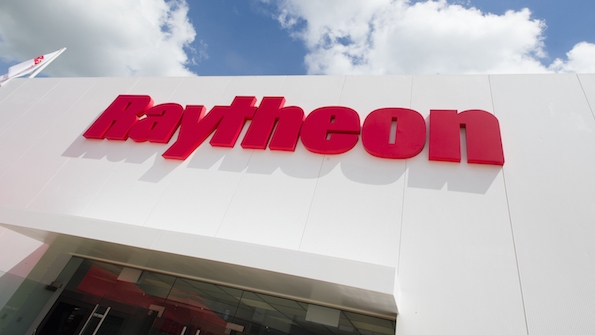by Darren Williams, Director—Global Economic Research, AllianceBernstein
Guy Bruten: So, what’s the bottom line here for 2020 in terms of some of these populism risks?
Darren Williams: Well, some resolution to things like Brexit may help, just as some resolution to the trade tensions between China and the US might help. But in our view, these are linked to much deeper, longer-running populist trends which aren’t going to go away anytime soon.
There are really two themes to the UK election. One is about Brexit and the other one is about increased fiscal spending to address the concerns that have been raised in the UK and other countries over the last few years with people, particularly at the lower end of the income scale, feeling left behind. That the system doesn’t work for them. So, it’s very clear in the UK that both sides of the political spectrum are going to try to address that agenda.
GB: [What] we’ve seen this year [with] the slowdown in global trade, particularly in the region that I cover across Asia, is of course, the spillover effects from the trade conflict that we’ve seen between the US and China. But there are broader issues at stake here as well. There is clear evidence of some de-globalization and clear evidence that these populist politics are spilling over to more trade barriers, not just in the US-China conflict.
DW: Do you see the signs of that happening elsewhere?
GB: There are signs of that happening in spots around the globe, I think. Here in the United States, for example, people want to focus on the personality of Mr. Trump, but some of the policy measures that are getting put in place will likely be repeated regardless of which side of politics is in power. So that is, steps towards wanting to be a little more inward looking, to put barriers up against things that have contributed to that rising inequality, particularly lower-income cohorts being left behind. So, trade barriers, barriers to immigration, that’s something that’s happening increasingly around the globe. In my own country, in Australia, there are elements of that happening as well. I think this is going to be a global theme. It is one of the ways in which this populist policy thrust is going to continue to play its way out.
DW: So, if we come back on trade. So, we’ve had some slightly better news on the trade war between China and the US. Do you think that’s durable? Do you think we’re at the end of the trade tensions?
GB: I’m tempted to think, actually, that this will prove to be a false dawn, that actually we’re likely to see continued pressure coming through in terms of trade policy in particular. And again, that’s because one of the ways this populist political dimension is working its way out, in terms of pressure to try to protect individual economies. The other thing that’s going on is the geopolitical tension between the US and China. The difficulties in that relationship are not down to trade alone, that reflect the whole wealth of other issues between the two countries. And again, that’s become a bipartisan issue, I think, in the United States—that some of those points of difference will remain no matter who is in the White House.
DW: I think that’s correct. I think it’s wrong to look at the trade tension purely from a sort of populist perspective. I think it’s also important to overlay the almost inevitable geopolitical conflict which will arise over the next several years between China and the US, and China and the West. So certainly from our perspective, I think the view is that the strains on that relationship and the threat to the global trading system are going to be a durable feature of the investment landscape pretty much for many years to come.
GB: And I think that helps to underpin one of our key views, which is that the soggy growth environment that we’ve been in for the last year as the global economy has slowed, is likely to be an environment that persists. The best we can hope for is muddle through. More likely, we get a year of disappointment in terms of growth.
This post was first published at the official blog of AllianceBernstein..













